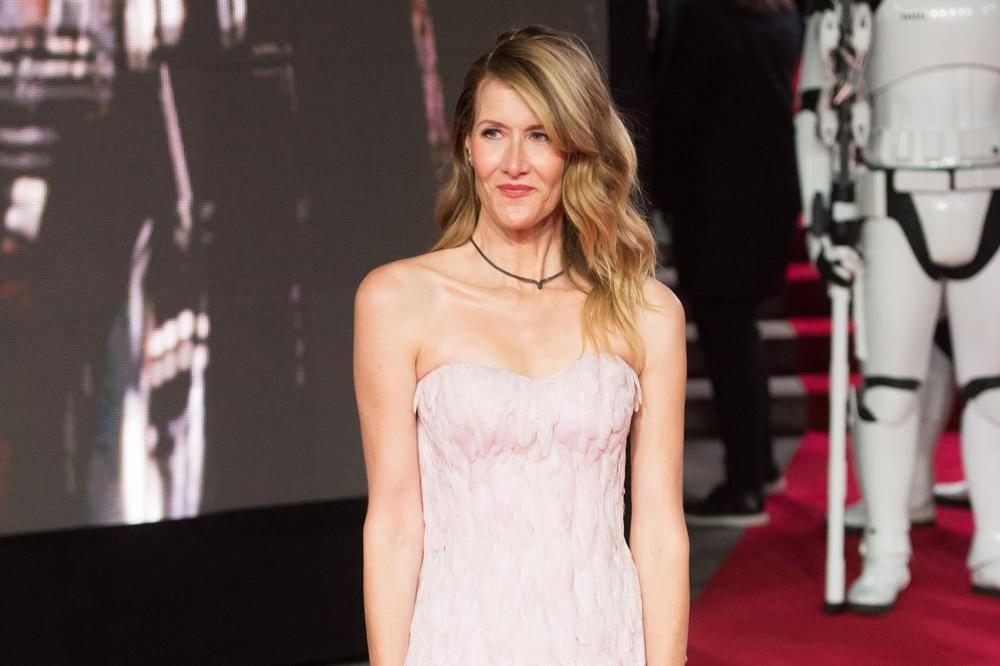Laura Dern has paid tribute to "goddess" Carrie Fisher on the anniversary of her death.

Laura Dern
The 'Star Wars' actress sadly passed away on December 27th 2016 at the age of 60, and to mark the one-year anniversary since her shock passing, Laura took to Instagram to honour the "icon and truth-teller."
Laura, 50, posted a picture of Carrie as Princess Leia in the sci-fi franchise and wrote: "To a goddess, an icon, and a truth-teller. The deepest kind of inspiration. Thinking today of the privilege of knowing you. (sic)"
The 'Jurassic Park' actress isn't the first person to share fond memories of Carrie either, as her 'Star Wars' co-star Mark Hamill took to social media earlier in the day to claim the late actress will "always be with us".
He wrote: "No one's ever really gone... #AlwaysWithUs #CarrieOnForever (sic)"
And Carrie's 25-year-old daughter Billie Lourd - whom she had with Bryan Lourd - also posted a sweet tribute on Instagram, where she shared a number of photos of the Northern Lights.
She wrote: "My momby had an otherworldly obsession with the northern lights, but I never got to see them with her. We journeyed to northern Norway to see if we might "see the heavens lift up her dark skirts and flash her dazzling privates across [our] unworthy irises". And she did. I love you times infinity. (sic)"
Carrie made her last outing as the iconic General Leia Organa in 'Star Wars: The Last Jedi' - the eighth instalment of the hit sci-fi franchise.
Although she had shot all the scenes for 'The Last Jedi', filmmaker Rian Johnson admitted he was unsure about whether to change the movie's plot following her passing as she would no longer be able to be part of 'Episode IX'.
Speaking to Entertainment Weekly, Johnson said: "That was the very first conversation I had with Lucasfilm head Kathleen Kennedy after we came back, after New Year's.
"I kind of looked through the footage. That was the very first question. I felt really strongly that what we have here is so beautiful and the way that the character develops, the way it's paid off, and not only that, the horror of trying to manufacture something that - I don't even know what it would have been, but something for the end of this movie that leaves it in a place where the transition is easier, the idea of, 'Oh God, how would you fake something like that and how would it not be terrible?"
Tagged in Carrie Fisher Laura Dern Mark Hamill

